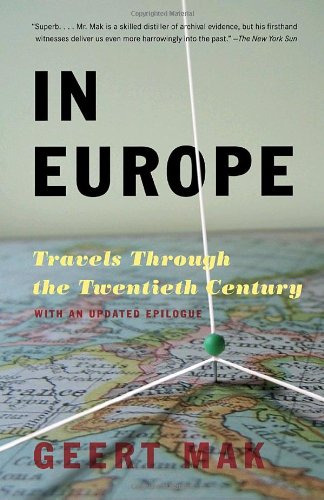
In so doing, of course, he left a spiritual and religious void at the heart of modern Istanbul. For all his destruction of Islamic schools and his abolition of the veil as a narrowly Asian trapping, he helped to turn the gaze of Istanbul out across the Bosphorus towards Europe and adopt Western values. Handsome homes built on the banks of the Bosphorus by pashas, viziers and other imperial mandarins are now virtually all decayed, or else they burned down in arson attacks during Atatürk's attempted erasure of Islam following the dissolution of the Ottoman Sultanate in 1918.Ītatürk remains the greatest nation-builder of modern times. Istanbul's end-of-empire atmosphere, with its tottering Armenian and Russian town mansions, radiates hüzün ("sadness" or "melancholy" in Turkish). In a brilliant chapter, Davies considers the rise and fall of the Byzantine Empire, of which Istanbul was once the capital under the name of Constantinople. By the same token, the losers often turn out to be the winners. No defeat is ever quite straightforward, however, and many Greek heroes who triumphed at Troy were themselves later trounced. The fall of Troy was the first great military defeat of Western civilisation and the prototype for all future national downfalls.

If Sparta and Rome perished, what state can hope to endure for ever, Rousseau had asked rhetorically in the Social Contract. The United Kingdom too may collapse one day, says Davies, whether or not a king or queen continues to reign. Similarly, the Spanish kingdom of Aragon had once dominated the entire western Mediterranean, but is now a "mere ghost" in people's remembrance. In 1918 Byelorussia (the birthplace of, among others, Kirk Douglas and Irving Berlin) had been a national republic larger than all three Baltic States put together.Īt different times, these great powers had suffered "State Death" (to use a now-accepted English term). The Grand Duchy of Lithuania, far from being a pimple on the edge of the Slav world, was once the largest country in Europe. Rather than offer yet another history of a great power, Davies has chosen to concentrate on half-remembered but no less great nations and the manner of their demise.Īs well as a fascinating record, Vanished Kingdoms is intended as a riposte to British deprecations of "Ruritanian" outposts and the perceived inferior cultures of Eastern Europe. "The paths of glory lead but to the grave": he quotes Gray's "Elegy" on the subject. Indeed, the threat posed today by international terrorism and Pentagon intransigence makes the old East-West rivalries look almost manageable.Īccording to Davies, all nation states and empires, however great, flourish for a season and are replaced.

Given the magnitude of what had happened, remarkably few people died in the last days of the Cold War. Within months, the Soviet empire was a sandpile ready to slide in 1991, the Russian President Boris Yeltsin officially terminated the USSR's existence when he banned the Communist Party within Russia. The Baltic States – Lithuania, Estonia and Latvia - began to agitate for political freedom soon after. On Christmas Day in that extraordinary year the Romanian dictator Nicolai Ceauçescu and his wife Elena were summarily executed. Soviet authority began to unravel after the Berlin Wall came down in November 1989, says Davies.


 0 kommentar(er)
0 kommentar(er)
